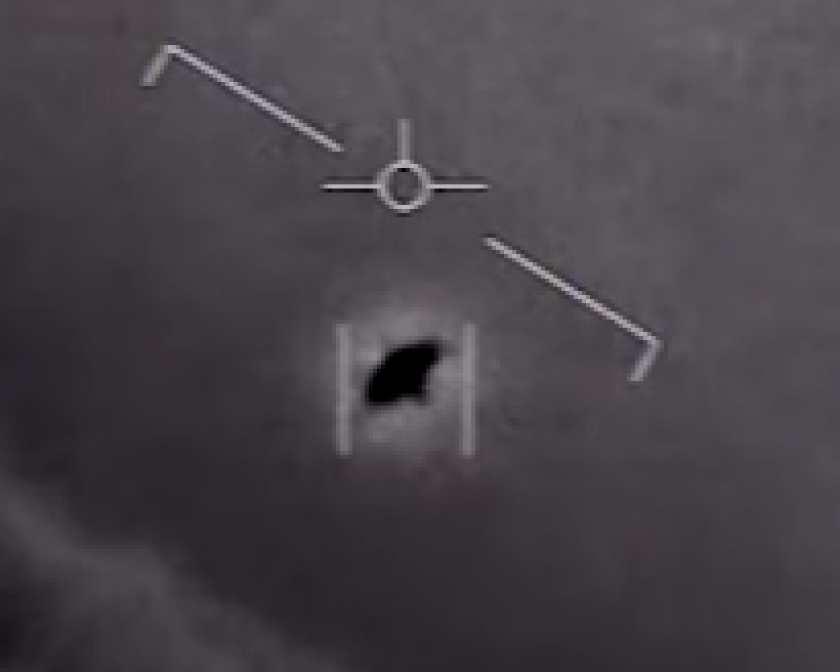
The panel represents the first such inquiry ever conducted under the auspices of the U.S. "I think the fact that NASA has called us together here as a panel to look into this, that NASA is hosting a public meeting, that we've heard, clearly stated, we're here to be transparent - I think that's the first step in trying to really normalize the study of UAPs," Toner said. Many wanted to know what the panel is doing to fight the stigmatization surrounding the study of UAPs. Q&A What do UFOs and Thunderbirds have in common? Scott Benesiinaabandan is finding outĪfter the discussion, panel members took questions from the public, which numbered in the hundreds, a NASA media official said. "So this suggests a significant negative stigma associated with reporting or even researching such phenomenon. That said, by encouraging military aviators to disclose anomalies that they've seen or detected, the Department of Defence is receiving many more reports."

"We've heard over the course of our fact-finding that many scientists and aviators consider the study of UAPs to be fringe, at best," Toner said. Karlin Toner, an aerospace engineer and senior adviser for data policy integration at the Federal Aviation Administration, talked about the stigma associated with researching and reporting UAPs and said there are still barriers for people to report sightings, as they wonder, "will they be believed, or will they be shamed," or whether someone will take action. "Harassment only leads to further stigmatization of the UAP field, significantly hindering the scientific process and discouraging others to study this important subject matter," NASA's science chief Nicola Fox said during her opening remarks.

The team has "several months of work ahead of them," said Dan Evans, a senior research official at NASA's science unit, adding that panel members had been subjected to online abuse and harassment since they began their work.

NASA said the focus of Wednesday's four-hour public session at the agency's headquarters in Washington was to hold "final deliberations" before the team publishes a report, which Spergel said was planned for release by late July. Not enough data to analyze still-unexplained UFO sightings, U.S.Pentagon committed to understanding UFO origins, says U.S.


 0 kommentar(er)
0 kommentar(er)
